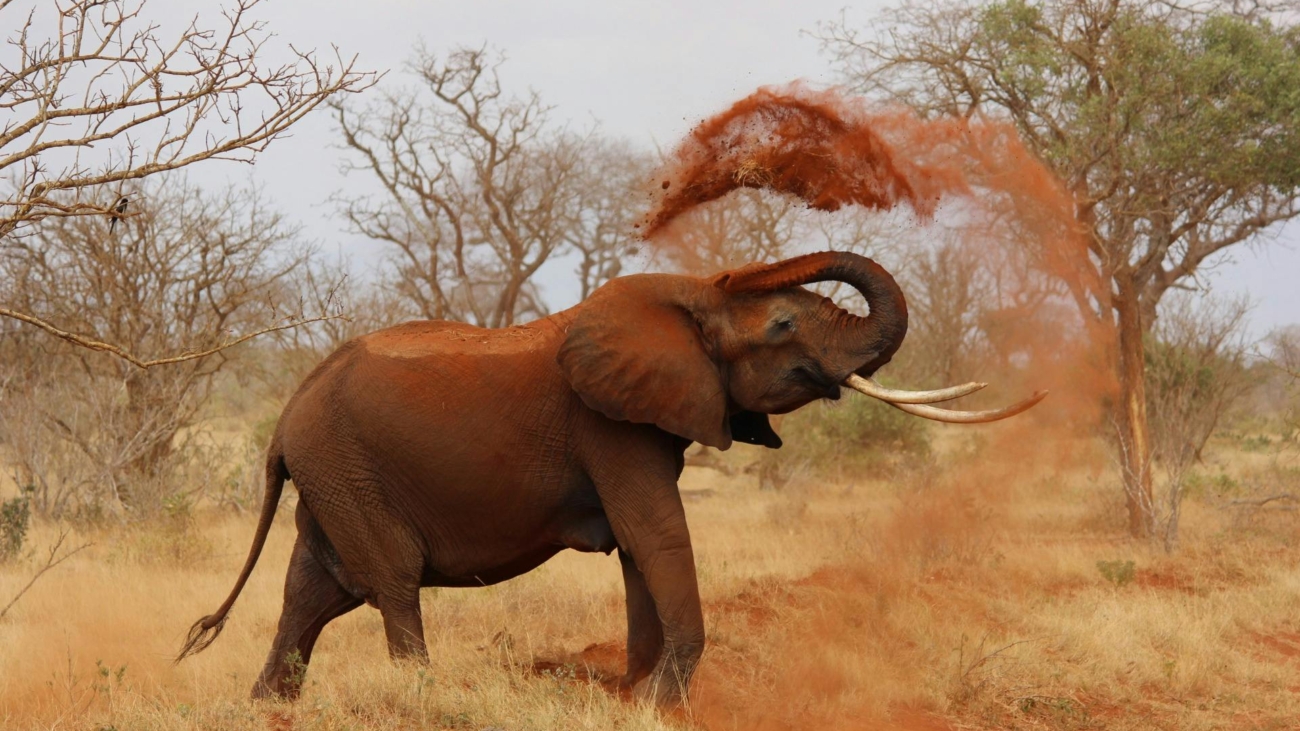During my 7 month journey across Africa, Uganda is the country where I spent most of my time: 7 weeks in total, with 5 consecutive weeks in September 2023.
At first I was quite apprehensive about visiting East African countries due to what you often hear: expensive safaris and accomodation, the need for luxurious retreats etc. Although those packages do exist and are available for those seeking extra comfort; what I also noticed is that Uganda, just like my previous African countries, could also be visited on a backpacker budget.
Watch the video below to see how I managed to spend only $1000 in 5 weeks!
Alternatively, you can scroll down for my general tips on how to save on your next African adventure.
https://youtu.be/W6ou0fn8kmY?si=47aYmsFzF8ONXrGXTop tips on African Budget Travel – Uganda case study 🤑
🛖 Accomodation
Accommodation in Uganda is diverse, ranging from budget hostels to luxurious hotels and eco lodges. I primarily stayed in an Airbnb which cost me around $13 per night. This place was like a shared house, with a communal kitchen and living area. This is perfect for long term stays, as you also save up on food by cooking your own food, not to mention the community feeling you share with like minded people who share the space with you! My total accommodation expense for five weeks was approximately $350. (This also includes hotel sponsored stays, which kept my prices low)
🥘 Food
As mentioned above, cooking at home was my biggest expense saver. The advantage of Kampala is the multitude of wholesome vegetables sold in street markets. Although Carrefour type supermarkets do exist, the imported products such as cheese will set you back a few dozens if you’re not careful! Ugandan cuisine is not only delicious but also budget-friendly. Street food and local eateries, known as “kitchens,” also offer meals for as low as $1-$3. Staples like Rolex (a rolled chapati with eggs), Ugandan stews, and fresh fruits kept my food expenses low. I spent an average of $5 per day on food, totalling about $200 for the entire stay.
🏍️ Transportation
Transport costs in Uganda are very reasonable. I primarily used public transport such as boda-bodas (motorcycle taxis) through the app Safe Boda to ensure an adequate driver and “muzungu” proof price. A typical boda-boda ride costs between $0.50 and $2. For longer distances, buses are available for $5-$15 per trip. Watch this video to see how I made it across Uganda for $15 for my chimpanzee safari. Uber is also available which was my biggest expense when I couldn’t make long distances by moto taxi. If you’re travelling in a group, co-sharing a rental car is definitely the best budget option if planning longer distances. My total transport expenditure was around $350.
🛠️ General Tips
The best way to save money (and also have fun) is to mingle with locals! Not only will you live an authentic experience, but also get to go to their spots, hidden gems such as eateries and bars which will not be tourist priced. If you are volunteering and helping out families, the option to stay and lodge with the group is also a great way to minimise your costs.

